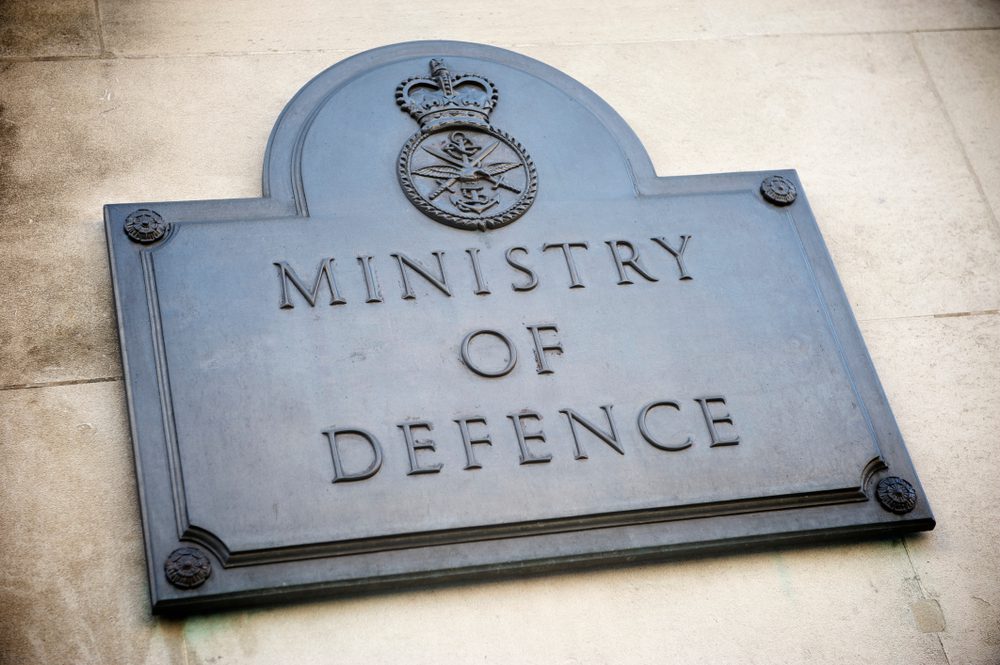
Rishi Sunak’s government has been told to beef up the security of its defence intelligence after hackers, thought to have ties with the Russian state, leaked information linked to the Ministry of Defence.
British newspaper The Mirror revealed that hackers last month gained access to “thousands of pages of data which could help criminals get into the HMNB [His Majesty’s Naval Base] Clyde nuclear submarine base, the Porton Down chemical weapon lab and a GCHQ [Government Communications Headquarters ] listening post.” The information, which has been leaked on the ‘dark web,’ came from a firm called Zaun, which makes metal fences for maximum security sites.
These details might appear trivial; one British international relations assistant professor even described reports on the incident as “clickbait.” But, as security writer Anthony Glees put it, they are “rather more serious.” He said that while such stories are “easy to pooh-pooh … it endangers us to do so.”
Read the article, Dan. It’s rather more serious than you allow. Easy to pooh-pooh these data breaches, whether ‘Zaun’, PSNI, Met etc. But it endangers us to do so.
— Anthony Glees (@AnthonyGlees) September 3, 2023
The leaked documents also included a sales order report for equipment at a government communications centre, which officials say plays “a critical part” in the nation’s security.
This incident has prompted questions over the protection of state secrets. Labour MP Kevan Jones asked why “this firm’s computer systems were so vulnerable?” He said that it is ultimately up to the government to explain this mishap and, more importantly, how such occurrences can be avoided in the future.
A hacking group called LockBit accessed all of the information. This group is known to engage in ransomware attacks, which involve the encrypting, or, more simply, the locking away of victims’ data, only to be released upon the payment of hefty ransoms. Cybersecurity firm Trend Micro described LockBit as “one of the most professional[ly] organised criminal gangs in the criminal underground.”
Western officials are all the more worried about this group because of its alleged links to Russia. Mikhail Pavlovich Matveev is at the heart of these links; he is on the ‘Most Wanted’ list of the FBI, which describes him as having “ties to both Kaliningrad, Russia, and St. Petersburg” and as having been “linked to numerous ransomware variants including LockBit.” According to Kevin Curran, professor of cybersecurity at Ulster University, last month’s attack was “likely” sponsored by the Russian state. This, the professor added, is where he would put “my money.”
Zaun refused to discuss the ransom demands levelled against it with The Mirror. But the incident has raised many other, broader questions, particularly regarding the storage of state secrets. Ben Harris-Quinney, chairman of the Bow Group, said this is something the government should take far more seriously. He told The European Conservative:
We all want a cheaper, more efficient government, but there are certain things that shouldn’t be privatised and should be kept in secure public ownership under democratic accountability, and at the heart of that principle is national security.
Successive crises, including the Ukraine war, have exposed how Britain’s push to sell off our energy infrastructure and offshore our agricultural and industrial production have left Britain extremely vulnerable and unable to take care of itself.
The British public are not offered the benefits of the free market but the worst of all worlds of corporatism. Not only has this increased rather than reduced government spending, it is placing our national security at serious risk.
A fully formed “vision,” Mr. Harris-Quinney added, on a “long-term plan that places the public interest first” is needed “urgently.”
